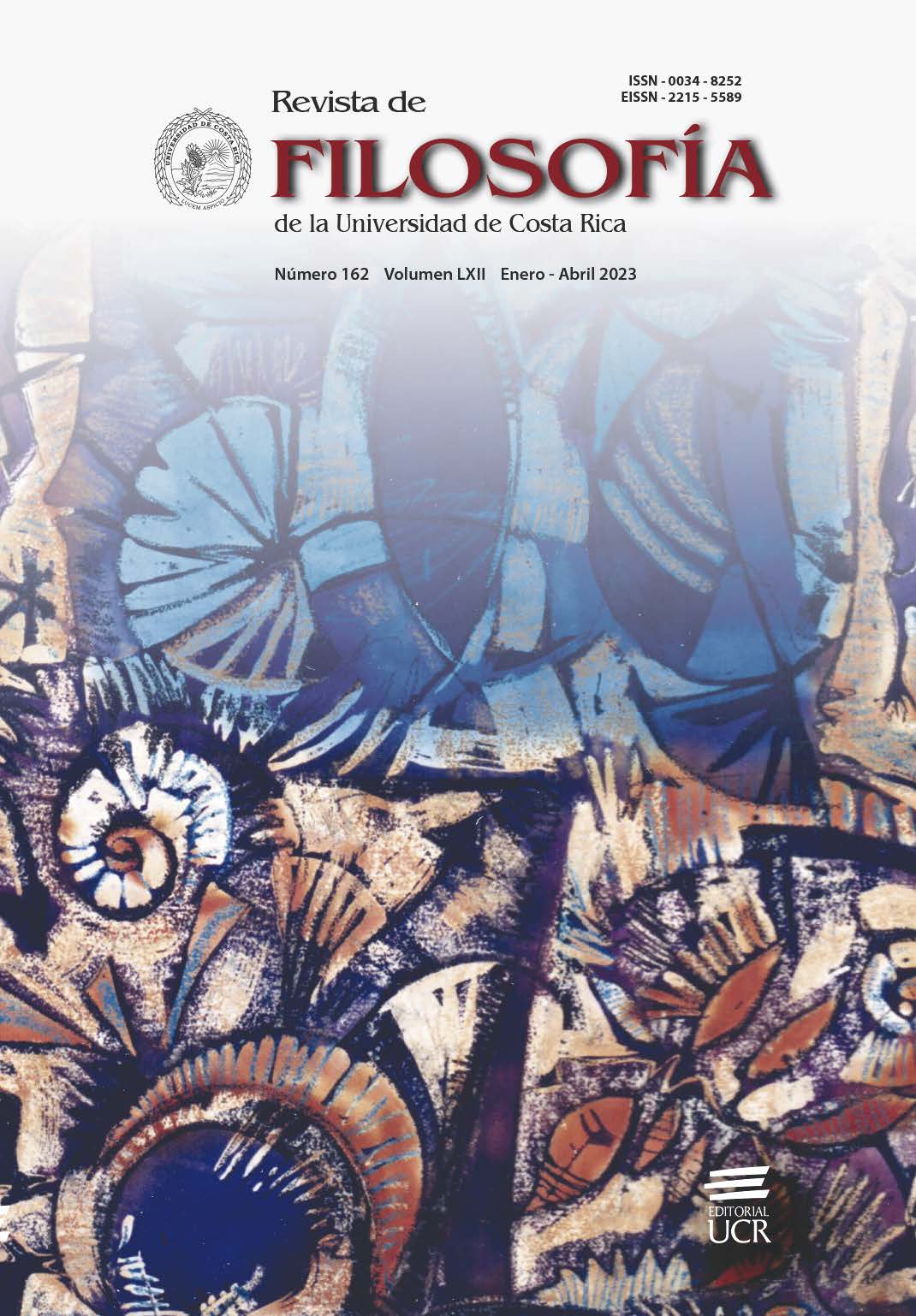Abstract
This article analyzes the ethics of the market and how it works within the latter. In the first place, the understanding of this ethics is developed from Plato, through authors such as Adam Smith, Kant, Max Weber and Wittgenstein. Then, it is argued that the uncontrolled capitalist economy implies a collective suicide that is not a conscious goal, but a consequence of what is being done. Faced with this panorama, the affirmative of life is articulated as an alternative to that collective suicide. The theory of means-end acts is problematized saying that the means-end relationship is always connected with life-death judgments, something that Marx was clear about. It is argued that the life-death criterion must be discovered at the center of the calculation of the market and its ethics.
##plugins.facebook.comentarios##

This work is licensed under a Creative Commons Attribution-NonCommercial-NoDerivatives 3.0 Unported License.
Copyright (c) 2022 Revista de Filosofía de la Universidad de Costa Rica

